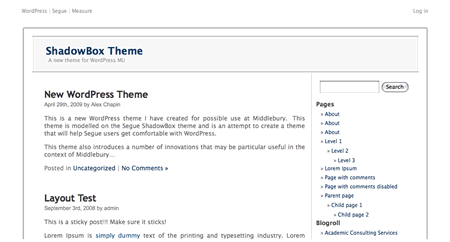Present: the usual suspects (Backus, Cutter, Peddie, Rehbach, Roy, Sax, Simpkins)
1) LIS Announcements – The group reviewed and edited emails to be distributed to LIS regarding ERP participants, “stopping things” and about the Segue sunset. We agreed these will be sent as separate emails. Mike will also send a separate email to ERP participants to let them know that a general announcement will be distributed.
2) ERP celebrations – The college will be holding a college-wide celebration for ERP folks sometime in May or early June. We discussed perhaps having some smaller LIS gatherings as well, since the larger one may feel slightly impersonal. Timing is an issue, since retirements are happening anytime from June to November. Carol will be coordinating.
3) Goals/Projects – We talked more about what should happen to ideas coming out of the advisory group meetings, how we can keep faculty informed, and how we process them internally. Shel will meet with Carrie Macfarlane and Bryan Carson to review the list of items compiled from this year’s advisory group meetings and discuss plans for tracking these ideas and their outcomes. Jim Beauchemin should also be invited to this meeting.
4) Project Directory – Mike and Chris Norris are beginning work on this. We talked a bit about the difference between a goal and a project, with a fair amount of semantic wrangling over nomenclature, but eventually we all came to the common understanding that for each LIS goal, there will be a series of projects and or other discrete steps enacted in support of achieving the goal.
5) MIIS/Midd new programs – Jeff is gathering information on frequency and types of formal (as well as occasional/informal) communications between Midd and MIIS library and IT staff, at the request of Dave Donahue (who is tracking this for all areas across campus). As Monterey and Middlebury explore joint academic program offerings, we’ll need to be assess how these will be supported by and/or otherwise impact LIS.

